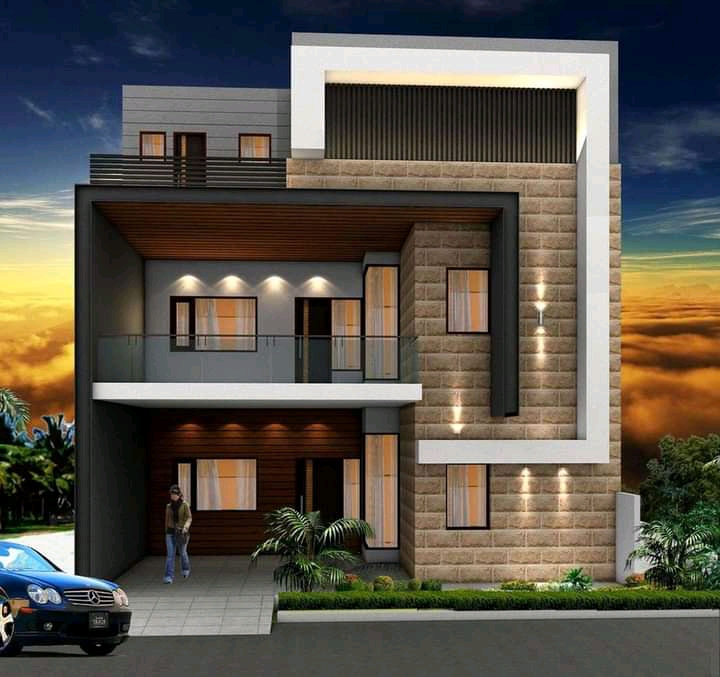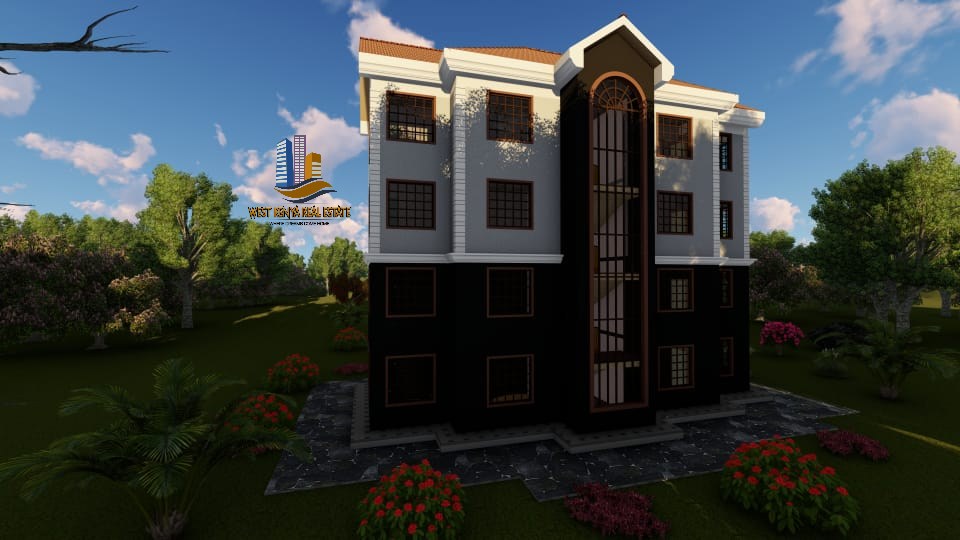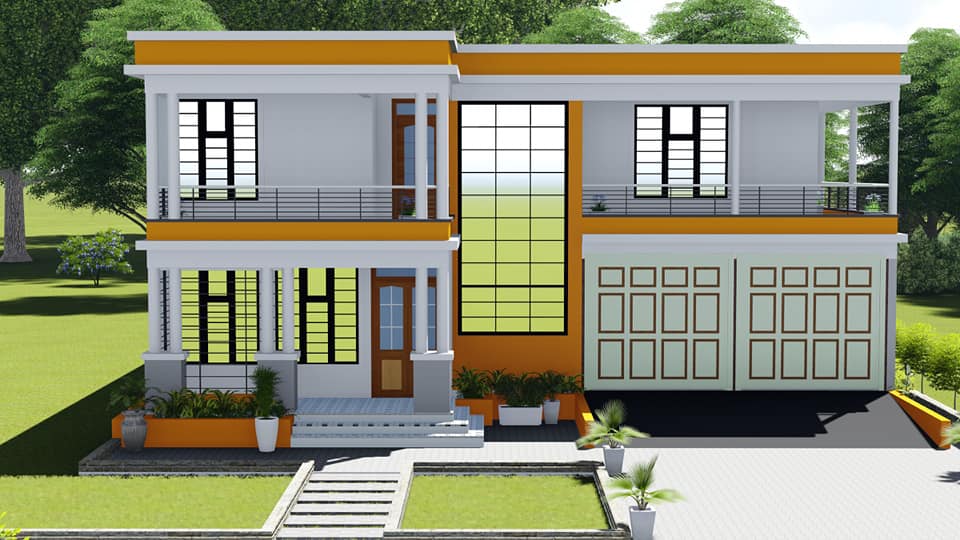Smart Homes in Kenya
Discover how to buy and install smart homes in Kenya. Learn about prices, financing options, best local providers, and how to get a quote today. Compare packages and explore smart housing Kenya solutions for every budget.
Introduction
Smart Homes in Kenya
Smart homes in Kenya are changing how people live, invest, and manage property. With rapid growth in smart housing Kenya, buyers are now choosing homes equipped with automation, security systems, and energy-saving technology. These innovations make daily life easier, improve comfort, and increase property value.
This guide explains everything you need to know about smart homes in Kenya — from pricing and installation to financing and maintenance. Whether you’re a homeowner, developer, or investor, this article will help you make the right purchase decisions and find trusted local installers to start your journey toward a connected home.
Why Choose Smart Homes in Kenya
Smart Housing Kenya is driven by convenience, safety, and sustainability. Homeowners can now control devices through mobile apps, voice assistants, or automation hubs. This section explores the main reasons Kenyans are investing in smart homes.
Energy Savings and Sustainability
Smart homes reduce electricity costs by using efficient devices like smart bulbs, thermostats, and energy-tracking meters. These systems monitor power use and automatically adjust lighting or appliances to save energy. In a country with rising power bills, this technology can help households cut costs while promoting sustainability.

Security and Remote Monitoring
Home security is a major reason people choose smart home systems in Kenya. Smart CCTV, alarms, and door locks allow homeowners to monitor their property in real time. You can receive alerts on your phone whenever unusual movement is detected, even while away. This peace of mind is especially valuable in urban areas where safety is a top concern.
Property Value and Rental Premium
Smart homes attract higher property values and rental premiums. Tenants prefer homes with modern features like smart lighting and keyless entry, while investors see better long-term returns. Developers are also integrating these features into new estates, giving smart homes a clear edge in Kenya’s competitive real estate market.
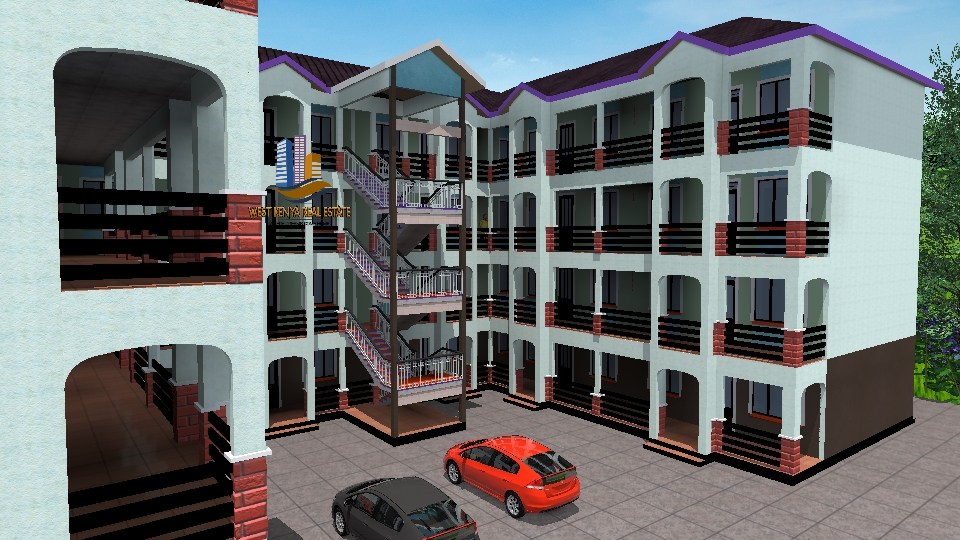
Popular Smart Home Systems in Kenya
The demand for smart home technology in Kenya is rising fast. Homeowners can choose from affordable upgrades to full automation packages.
Entry-Level Upgrades
Entry-level systems include smart plugs, Wi-Fi bulbs, and video doorbells. These low-cost devices are ideal for renters or first-time users. They can be installed without rewiring and provide a simple way to start enjoying automation at home.
Mid-Tier Smart Solutions
Mid-tier packages integrate several devices into one ecosystem — such as CCTV cameras, smart locks, and lighting automation. These setups allow homeowners to manage multiple functions through a mobile app or hub, offering more convenience and better energy control.
High-End Home Automation
High-end smart homes feature central control hubs that manage lighting, air conditioning, entertainment, and even irrigation. These systems suit luxury homes, villas, and new developments. Although the cost is higher, they deliver unmatched comfort, efficiency, and modern appeal.
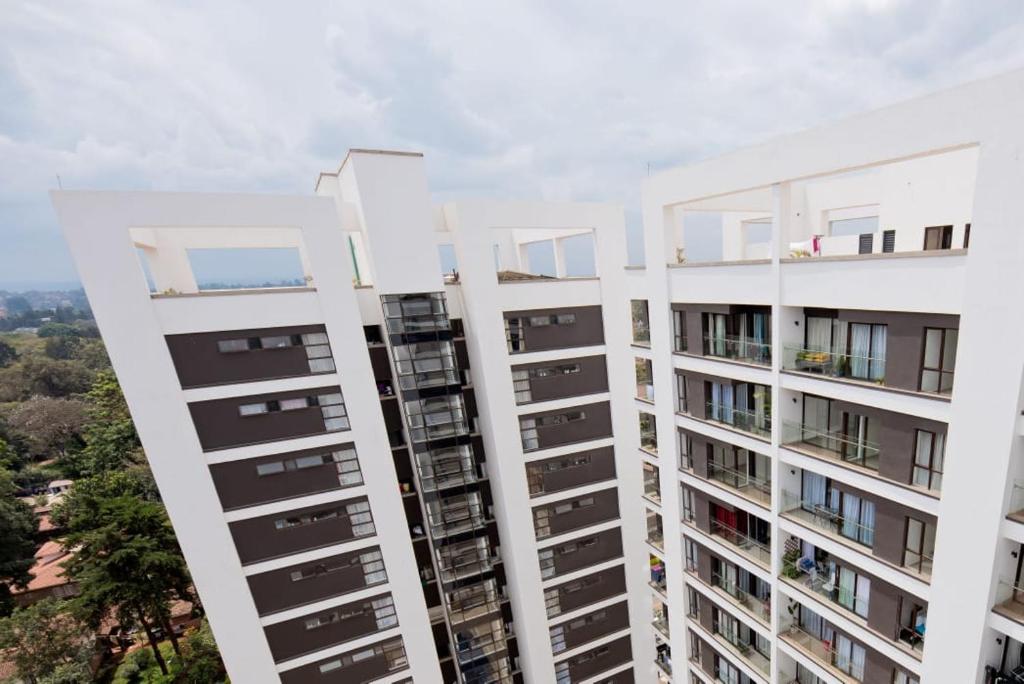
Cost of Smart Homes in Kenya
Understanding the cost is crucial for budgeting. Smart home prices in Kenya vary depending on scope, quality, and level of automation.
Typical Price Ranges
An entry-level setup may start from a few tens of thousands of shillings for smart plugs and lighting. Mid-range packages involving integrated security, smart locks, and lighting can range into the hundreds of thousands. Full automation with central control, climate systems, and sensors may reach over a million shillings depending on brand and customisation.
Recurring and Hidden Costs
Beyond installation, buyers should plan for maintenance, data subscriptions, and power backup costs. Some devices require cloud storage or app subscriptions. It’s also wise to invest in backup solutions like inverters or UPS systems to ensure consistent operation during outages.
Return on Investment (ROI)
Smart homes save money in the long term by reducing energy bills and boosting property value. Tenants often pay more for properties with smart features, meaning investors can recover installation costs faster. Developers also benefit from marketing “smart-ready” homes to modern buyers.
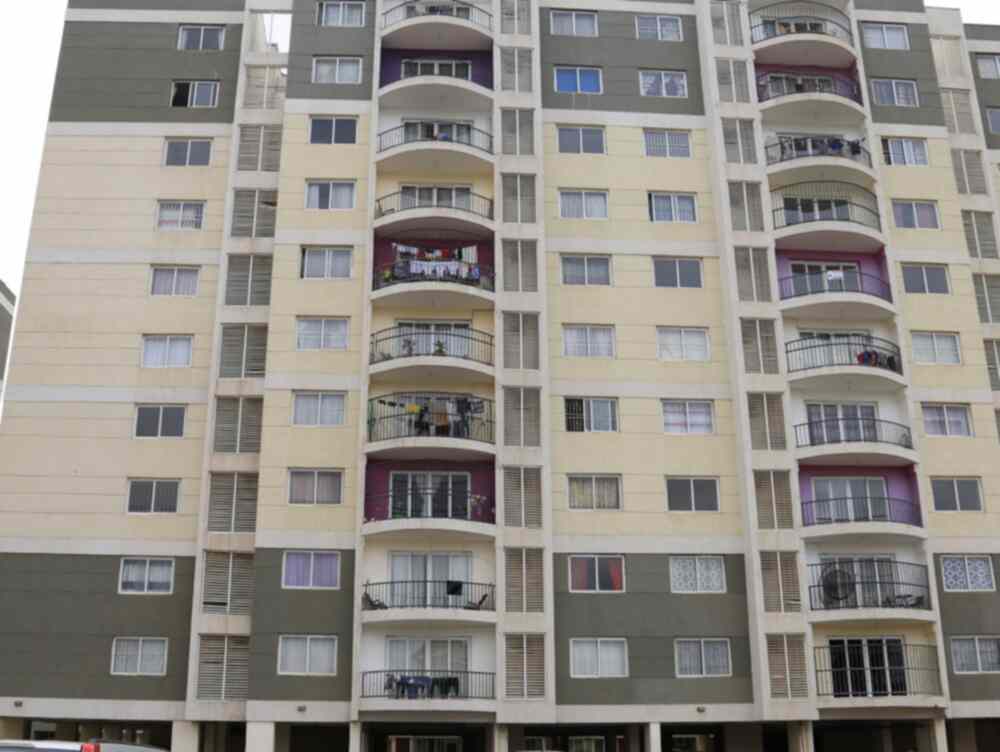
How to Buy and Install Smart Home Systems in Kenya
Buying a smart home system involves planning and coordination with trusted providers.
New Builds vs Retrofits
New homes can integrate smart systems during construction, saving time and wiring costs. Existing homes may need minor renovations for rewiring or network setup, but most modern devices now support wireless integration, making retrofitting affordable and easy.
Choosing a Reliable Installer
Work only with certified smart home installers in Nairobi and other cities. Check their experience, warranty coverage, and customer support. Ask for site visits, demo systems, and maintenance agreements before paying any deposit.
Installation and Testing
Once installation begins, ensure all devices are tested for connectivity and responsiveness. Reputable installers should demonstrate every system before final handover and offer a short training session to help you manage the system efficiently.
Best Smart Home Providers and Products in Kenya
Kenya now has several vendors offering smart devices and integrated systems.
Local Smart Home Providers
Local companies like Smart Homes Kenya, Talinda, and other Nairobi-based integrators specialise in customised automation. They offer installation, maintenance, and 24/7 support, making them suitable for homeowners and developers alike.
International Brands Available Locally
Popular systems like Google Home, Amazon Alexa, Control4, and Sonoff are easily accessible in Kenya. They connect with both Android and iOS devices and can integrate with a wide variety of sensors and hubs.
Where to Buy Smart Devices
Smart home devices are sold through local electronics stores, distributors, and major online marketplaces. Always verify authenticity and after-sales service before making purchases, especially when buying from online shops.
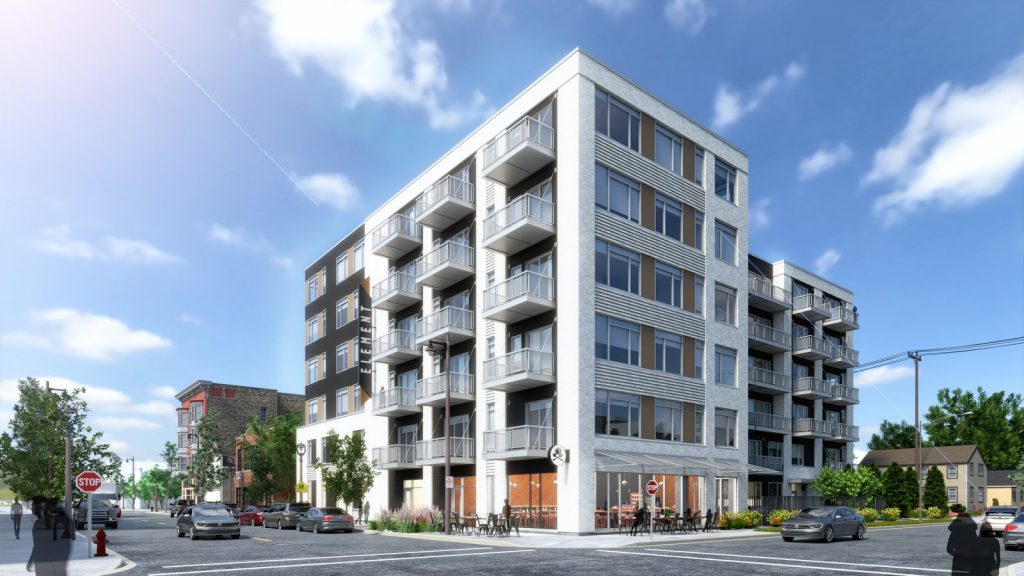
Financing Smart Home Upgrades in Kenya
Financing options make smart homes accessible to more people.
Developer and Mortgage Packages
Some property developers now include smart home installations in their mortgage or payment plans. Buyers can pay for the upgrades gradually during construction, reducing upfront costs.
SACCOs and Microloans
SACCOs and microfinance institutions are beginning to support technology-based home upgrades. Buyers can apply for short-term loans to fund automation and security installations, repaying over flexible periods.
Buy-Now-Pay-Later (BNPL) and Instalment Models
Several retailers now offer BNPL or pay-as-you-go plans for smart devices. This approach allows homeowners to begin with affordable setups and scale up gradually without financial strain.
Connectivity and Power Considerations
Reliable internet and power are vital for any smart home in Kenya.
Internet and Network Setup
Smart systems require strong Wi-Fi coverage. Use mesh routers for larger homes to ensure every device stays connected. In areas with poor broadband, a 4G or 5G SIM router can provide stable backup connectivity.
Power Backup Solutions
Frequent outages can affect smart devices. Invest in inverters, UPS systems, or generators to ensure your smart security and lighting systems continue working even when power fails.
Data Security and Privacy
Protect your devices with strong passwords, firmware updates, and secure Wi-Fi networks. Avoid sharing admin access with unverified users and always enable two-factor authentication for connected apps.

Maintenance and Upgrading Your Smart Home
Maintaining your smart home ensures long-term reliability and efficiency.
Routine Maintenance
Schedule periodic checks for sensors, cameras, and hubs. Clean devices regularly and replace batteries or faulty parts promptly to prevent system failures.
Software and Firmware Updates
Manufacturers often release updates to improve performance and fix bugs. Regularly update device software to maintain security and unlock new features.
Upgrading Components
Technology evolves quickly. Upgrade devices when compatibility issues arise or when you want to integrate new automation features like voice-controlled blinds or AI-based surveillance.
Conclusion
Smart homes in Kenya are no longer a luxury — they’re becoming a standard for comfort, efficiency, and security. With the right planning, financing, and reliable installation, any homeowner can enjoy the benefits of automation and technology in real estate Kenya. Start small with affordable systems or go big with full integration; either way, smart housing Kenya is the future. Get your quote today and experience the convenience of modern living.


